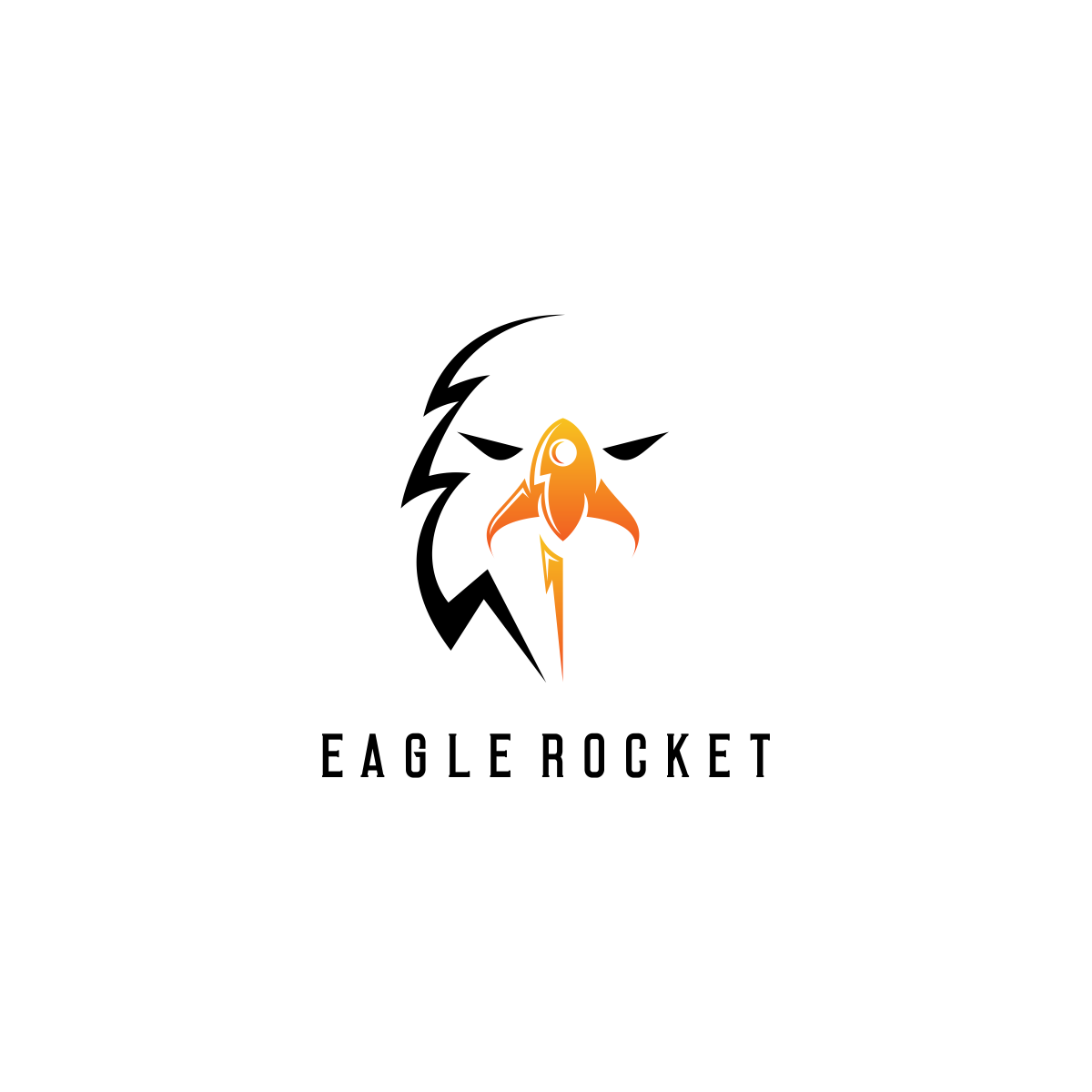The landscape of sales is experiencing a significant transformation, and the traditional concept of solution selling is rapidly becoming obsolete. In today’s marketplace, buyers prioritize tangible outcomes over mere products. As we move toward a more strategically focused approach, sales professionals must adapt to meet the evolving demands of their clients. This article explores the demise of solution selling and outlines what is set to replace it, emphasizing the importance of understanding client needs and delivering results that matter.
The Changing Dynamics of Sales
The business world is undergoing a revolution in how companies engage with their customers. The outdated approach of solution selling is no longer sufficient. Clients today seek clear and measurable results rather than just appealing solutions. This fundamental change necessitates that sales professionals rethink their strategies, shifting from transactional interactions to relationships centered on genuine value delivered to the customer.
Understanding Client Expectations in 2025
Contemporary clients have heightened expectations. They no longer simply want to see a product in action; they demand to understand how it directly addresses their unique challenges. As solution selling declines, a comprehensive redefinition of what clients seek is vital. The focus has shifted towards desired strategic outcomes: How can your offering truly transform their operations? Failing to clearly demonstrate this alignment could lead potential clients to consider alternative solutions.
- Clients expect clear communication about product benefits
- Results and case studies are more persuasive than features
- There is a growing demand for personalized solutions
Emphasizing a Results-Oriented Approach
Transitioning from a solution-centric focus involves recognizing how offerings can create tangible strategic results for clients. This insightful approach is not merely about capturing attention; it also builds long-term trust. Successfully identifying and addressing long-term challenges becomes crucial. Sales professionals must shift their mindset from immediate transactions to strategic partnerships.
The Role of the Sales Consultant
In this new environment, sales professionals must evolve into trusted advisors rather than simple vendors. This transformation entails asking the right questions and gaining insight into the underlying needs of their clients. By adopting this consultative role, salespeople position themselves as experts who can navigate complex terrains alongside their clients. Leveraging tools such as sales funnels can enhance this engaging relationship.
| Traditional Sales Role | New Consultative Role |
|---|---|
| Product-focused | Results-focused |
| Transactional | Relationship-oriented |
| Reactive | Proactive |
| Vendor | Advisor |
New Skills for Sales Professionals
As we distance ourselves from solution selling, developing new skills becomes imperative for success. The modern salesperson needs to refine their ability to listen actively and empathize with clients. This approach involves taking the time to acknowledge client concerns and responding meaningfully, creating an atmosphere where clients feel valued—a crucial element in establishing trust and fostering genuine interest.
Educating Clients: A Fundamental Aspect
The most successful sales representatives today dedicate time to educate their clients. By sharing relevant knowledge and best practices, they demonstrate their added value. The more a client comprehends their industry and associated challenges, the more likely they are to view the salesperson as a coach. This exchange of information often leads to stronger business relationships, ultimately resulting in increased sales.
- Provide real-world insights and industry trends
- Share case studies illustrating successful implementations
- Facilitate training sessions on using products effectively
From Reactivity to Proactivity in Selling
Traditionally, salespeople would wait for clients to express their needs or problems before reacting. However, in the realm of modern selling, embracing a more proactive approach is essential. This means forecasting client needs and taking the initiative to ask thoughtful, strategic questions. By doing so, sales professionals demonstrate a commitment to understanding clients’ long-term goals and staying ahead of market trends.
The Importance of Data in Proactive Selling
Data plays a crucial role in proactive sales strategies. By analyzing data trends, sales professionals can deliver valuable insights to clients, thereby strengthening their authority in the industry. Utilizing concrete data to back their recommendations helps clients understand emerging trends within their sectors, further legitimizing the sales process and differentiating it from competitors.
| Proactive Strategies | Results from Data Insights |
|---|---|
| Forecasting client needs | Informed decision-making |
| Providing market insights | Enhanced client trust |
| Suggesting timely interventions | Optimized client outcomes |
Implementing the New Approach in Sales
Initiating this new approach can begin with organizing executive briefings for prospective clients. These sessions create an ideal platform to discuss industry opportunities and challenges in a structured manner. Engaging in these discussions not only allows for the sharing of insights but also establishes the salesperson as an expert within the field.
Engaging in Dialogue: Three Key Steps
When conducting executive briefings, it is vital to progress through three essential stages. First, introduce the briefing by establishing context with relevant evidence. Next, discuss strategies that have proven effective within their specific environment. Finally, conclude with future perspectives, equipping clients with the tools necessary for informed decision-making. This fosters a collaborative atmosphere and urgency for taking action.
- Establish credibility through evidence-based context
- Present industry-specific strategies for improvement
- Provide actionable insights for future planning
Maintaining Relationships in a Competitive Market
As the landscape continues to evolve, maintaining strong relationships with clients becomes paramount. Nurturing these relationships is key to achieving long-term success. Sales professionals need to remain engaged and adaptable, tailoring their communication and strategies to suit the unique requirements of each client.
Leveraging Technology for Enhanced Engagement
Utilizing tools such as Salesforce, HubSpot, or Microsoft Dynamics can significantly enhance relationship management. These platforms facilitate the effective tracking of client interactions and preferences, enabling sales teams to tailor their approaches based on individual client data. Furthermore, tools like Gong or Outreach can help analyze communication patterns, ensuring that sales professionals optimize their engagement tactics.
| Technology Tools | Benefits |
|---|---|
| Salesforce | Comprehensive client relationship management |
| HubSpot | Inbound marketing and lead nurturing |
| Zendesk | Customer support and engagement |
| Pipedrive | Sales pipeline management |
| LinkedIn Sales Navigator | Targeted prospecting and lead generation |
The Future of Selling
The key takeaway from the transition away from solution selling is that clients desire relevant outcomes, not merely acceptable solutions. Sales professionals must commit to understanding client needs, providing education, and developing authentic relationships built on trust. Embracing technology and data-driven strategies will also set successful sales teams apart from the rest.
Adapting to Change
As the sales environment continues to shift, professionals must be prepared to adapt continually. Staying informed about industry changes, client needs, and new sales methodologies is crucial. Being proactive, curious, and resilient will empower sales professionals to navigate challenges and leverage opportunities as they arise.
- Stay updated on industry trends and shifts
- Invest in continuous learning and development
- Flexibly adjust strategies based on changing client demands
Frequently Asked Questions (FAQ)
What is the main difference between solution selling and results-oriented selling?
Solution selling focuses on providing a product that seems to address a customer’s issue, whereas results-oriented selling emphasizes delivering measurable outcomes and benefits to the client.
How can sales professionals build trust with their clients?
Building trust involves active listening, empathy, and providing valuable insights. Engaging clients in meaningful discussions and showcasing an understanding of their challenges enhances trustworthiness.
Why is data analysis important in modern sales?
Data analysis allows sales professionals to understand trends, anticipate client needs and measure the effectiveness of their sales strategies, ultimately leading to better-targeted solutions.
What tools can help improve sales engagement?
Tools like Salesforce, HubSpot, and Zendesk can enhance sales engagement through effective client management, nurturing leads, and providing valuable insights into customer interactions.
How can education enhance client relationships?
Educating clients about industry trends and effective strategies positions sales professionals as trusted advisors, which fosters stronger relationships and boosts client loyalty.

